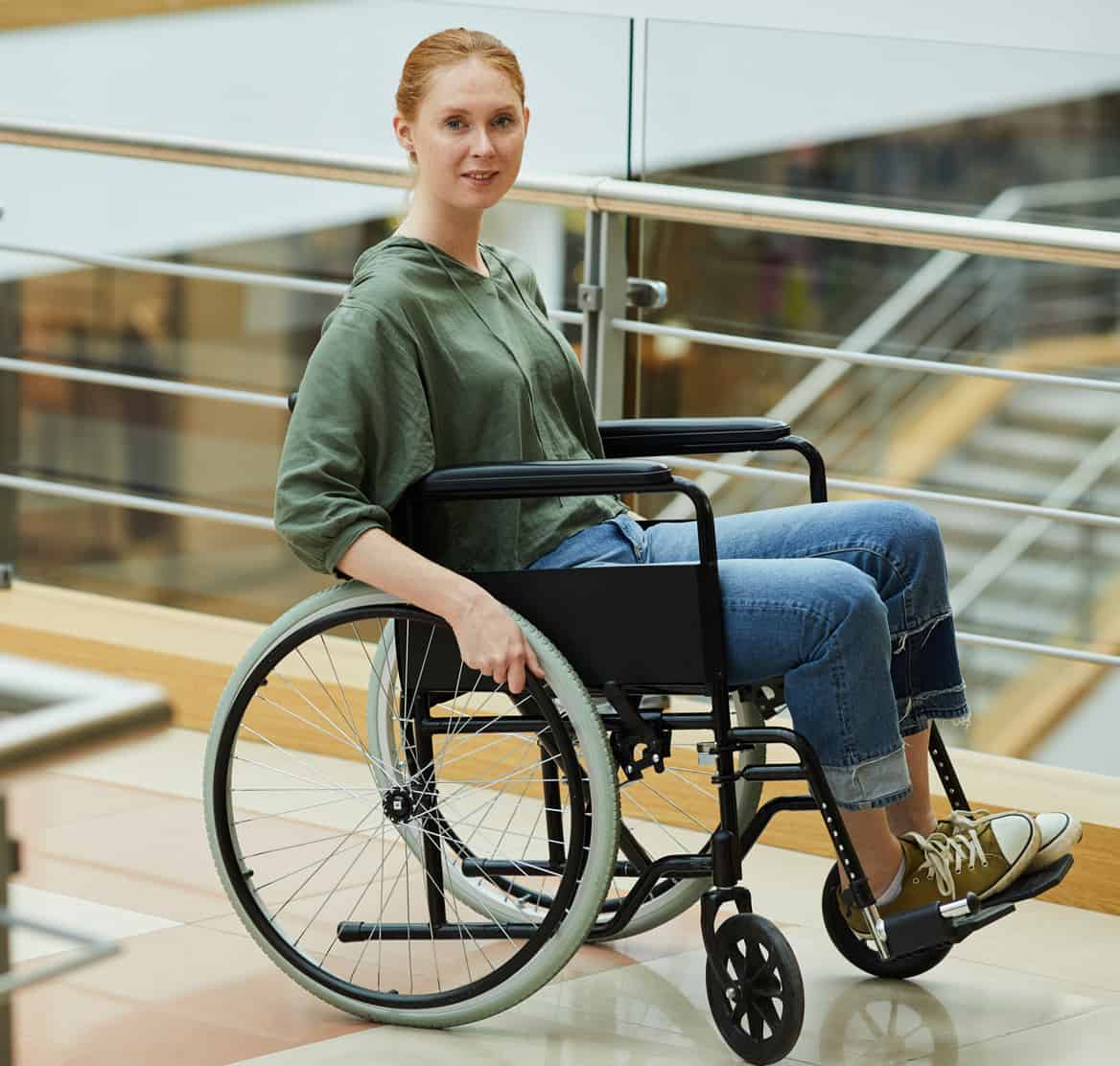The National Disability Insurance Scheme (NDIS) provides funding for people with disability to get the help that they need to lead happy, dignified lives. As everyone is unique, so too are their goals and needs. So, how does the NDIS help people with disability achieve their individual goals?
The NDIS provides a range of personalised services to help people with disability live independent lives. The NDIS also provides support to participants’ families and carers, to help participants strengthen their support system and connect with their community.
Here are eight ways the NDIS can help you and your loved ones.
1. Information and referral
For many people with disability, support starts with having easier access to information. Through the NDIS, you can access information about the most effective support options, referral to the relevant support services, help to build individual capacity such as diagnosis advice, as well as links to local support coordination, clubs, associations, initiatives or programs.
2. Individualised plans and supports
As the NDIS is a goals-based program, the things you want to achieve and skills you want to build will be unique to you.
With so many people participating in the program, how does the NDIS help participants achieve their individual goals? The key is through individualised plans and supports.
You can access NDIS funding to plan your goals and aspirations, access programs or services to help you achieve your goals, as well as to manage your individual plan. The NDIS also provides support to families and carers, so that you have a strong support system to help you achieve your goals.
3. Early intervention
We know the earlier people with disability can get support, the better chance of success they have.
So, how does the NDIS help children with disability? Through funding early intervention programs that give children with disability the best possible start to life.
4. Funded supports
Depending on the goals of your plan, you may be eligible for funded supports. This could involve choosing support providers for ongoing support programs, such as the Nextt Steps Program, or for one-off costs, such as buying a new wheelchair.
5. Housing
Affordable, stable housing is key for helping people with disability achieve their life goals and aspirations. As housing policy is handled by State Governments, it’s common to ask ‘how does the NDIS help with housing?’ The answer lies in providing ongoing support for daily living, which may include some housing costs or setting up a new home for a group of participants with 24/7 in home support.
6. Assistive Technology
The NDIS also provides funding for assistive technology. This is defined as ‘any device or system that allows individuals to perform tasks they would otherwise be unable to do or increases the ease and safety with which tasks can be performed.’ These may include devices such as mobility canes, wheelchairs, hearing aids and bed rails.
7. Auslan Translation Services
NDIS participants with hearing impairment may require an Auslan translator interpreting and translation services in activities of daily life. Pending your needs and individual support plan, these Auslan services may be covered by the NDIS.
8. Support to access community services and activities
How does the NDIS help people with disability connect with the community? Through covering the cost of services like specialised transport or holiday camps that are already available in your local area.
For more information about how the NDIS can help you and your loved ones, be sure to check out the Federal Government’s NDIS website.

